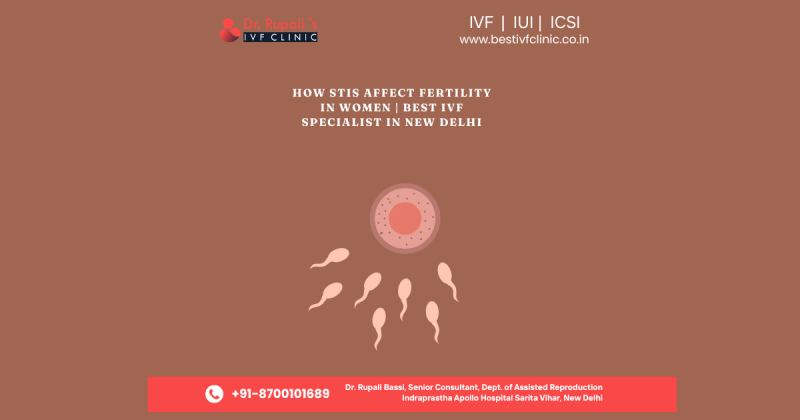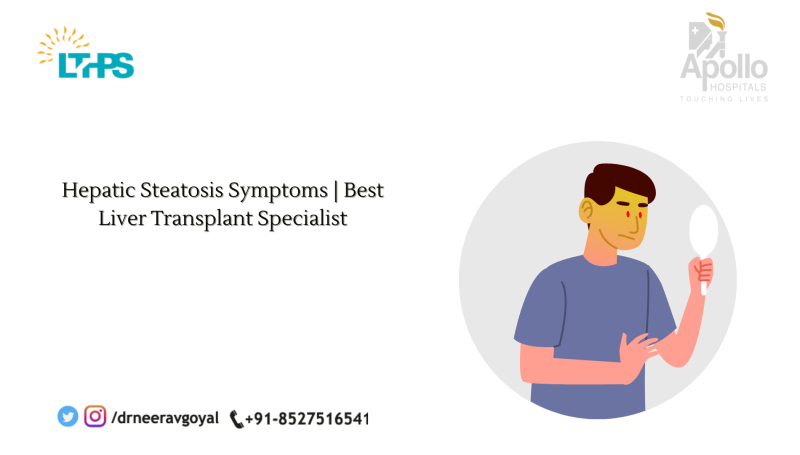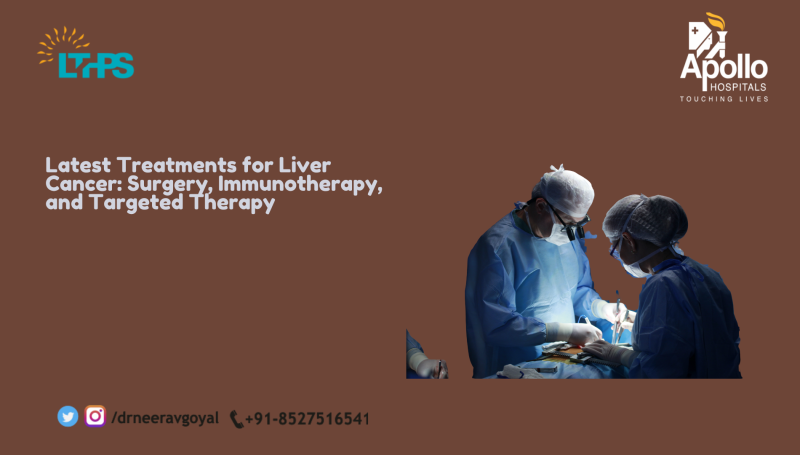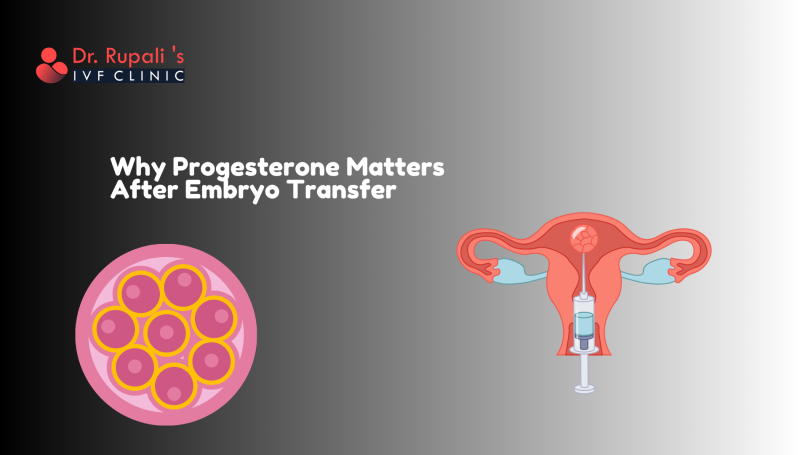Health
How STIs Affect Fertility in Women | Best IVF Specialist in New Delhi

Sexually transmitted infections (STIs) are often viewed as short-term health issues, but their impact can be much deeper — especially when it comes to fertility. Many women may not even realize that untreated STIs can silently harm their reproductive organs, leading to difficulties in conceiving later on.
If you've ever wondered how infections like chlamydia, gonorrhea, or HPV can affect your chances of getting pregnant, this guide will walk you through everything — from causes and symptoms to treatments and preventive measures. Let’s dive in.
Learn how STIs impact fertility in women and how early treatment with the best IVF specialist in New Delhi can restore reproductive health.
1. Understanding STIs and Their Types
Sexually Transmitted Infections (STIs) are infections spread through sexual contact-- vaginal, anal, or oral. They can be caused by bacteria, viruses, or parasites.
Common STIs in women include:
Chlamydia
Gonorrhea
Human Papillomavirus (HPV).
Herpes Simplex Virus (HSV).
Syphilis.
Trichomoniasis.
While some infections cause visible symptoms, others remain "silent", damaging reproductive organs without any warning signs.
2. How Common Are STIs Among Women?
STIs are incredibly common worldwide. According to WHO, more than 1 million STIs are acquired every day globally. In India, rising awareness and better testing have revealed that many women suffer from untreated infections that silently harm fertility.
Many women don't seek help early because the symptoms are mild or mistaken for urinary or vaginal infections.
3. The Connection Between STIs and Fertility.
Think of your reproductive system as a delicate ecosystem-- when bacteria or viruses enter and aren't treated, they can disrupt the balance, leading to inflammation and scarring.
Untreated STIs can:.
Damage fallopian tubes.
Cause pelvic inflammatory disease (PID).
Create scar tissue that blocks egg movement.
Reduce cervical mucus quality, affecting sperm movement.
In simple terms, STIs can make it harder for the egg and sperm to meet, and even when they do, it may be difficult for an embryo to implant successfully.
4. How Chlamydia Affects Female Fertility.
Chlamydia is often called the "silent infection" because most women don't experience symptoms. Yet, it's one of the top causes of infertility.
If left untreated:.
It can spread to the uterus and fallopian tubes.
Causes inflammation and scarring, leading to blocked tubes.
Increases the risk of ectopic pregnancy, where a fertilized egg implants outside the uterus.
Early diagnosis through a simple swab or urine test can prevent long-term damage.
5. The Impact of Gonorrhea on Reproductive Health.
Gonorrhea behaves similarly to chlamydia and can infect the cervix, uterus, and fallopian tubes. Over time, it may lead to pelvic inflammatory disease (PID).
PID can cause:.
Scarring and adhesions inside the reproductive organs.
Chronic pelvic pain.
Infertility if both fallopian tubes are blocked.
The good news? Gonorrhea can be treated with antibiotics if detected early. But untreated cases can cause permanent damage to fertility.
6. HPV and Fertility: What You Need to Know.
Human Papillomavirus (HPV) is one of the most common viral STIs. While HPV itself doesn't cause infertility, it can lead to cervical abnormalities that affect fertility treatments like IVF.
Certain HPV strains cause cervical cancer, requiring surgeries that may weaken the cervix or uterus.
Regular Pap smears and the HPV vaccine can greatly reduce these risks and help maintain reproductive health.
7. Pelvic Inflammatory Disease (PID): A Silent Threat.
PID is often the end result of untreated STIs like chlamydia or gonorrhea. It's an infection of the upper reproductive tract-- uterus, ovaries, and fallopian tubes.
Symptoms may include:.
Lower abdominal pain.
Fever.
Painful intercourse.
Unusual vaginal discharge.
If not treated early, PID can cause irreversible damage to reproductive organs. This is one of the major causes of infertility among women under 35.
8. Can Untreated STIs Cause Blocked Fallopian Tubes?
Yes! The fallopian tubes are like delicate tunnels that help eggs travel from the ovaries to the uterus. When an STI causes inflammation, scar tissue can form, blocking or narrowing these tubes.
This blockage prevents fertilization and increases the risk of ectopic pregnancy, a life-threatening condition.
That's why early treatment of STIs is essential for preserving fertility.
9. Signs Your STI May Be Affecting Fertility.
Sometimes, women don't realize they have an STI until they struggle to conceive.
Possible warning signs include:.
Chronic pelvic or abdominal pain.
Irregular periods.
Painful intercourse.
Unusual discharge.
Fever or fatigue without clear cause.
If you're experiencing any of these symptoms, it's best to consult a gynecologist or fertility specialist for testing.
10. How STIs Affect IVF Success Rates.
When STIs cause scarring or inflammation in the reproductive tract, it can lower the success rate of IVF (In Vitro Fertilization).
Damaged tubes or a poor uterine environment make it harder for an embryo to implant. Even treated infections may leave residual damage that impacts egg quality or endometrial receptivity.
That's why the best IVF specialist in New Delhi always conducts infection screening before starting any fertility treatment.
11. Diagnosing STI-Related Fertility Problems.
Fertility specialists use several tests to diagnose STI-related infertility:.
Blood tests for viral infections like HIV, syphilis, and hepatitis.
Urine or swab tests for bacterial infections.
Ultrasound or hysterosalpingography (HSG) to check fallopian tube blockages.
Laparoscopy for direct visualization and treatment of internal damage.
Early and accurate diagnosis can make a huge difference in restoring fertility potential.
12. Treatment Options for STI-Induced Infertility.
Once diagnosed, treatment depends on the infection and the extent of damage.
Common treatments include:.
Antibiotics for bacterial infections like chlamydia or gonorrhea.
Antiviral medications for herpes or HPV.
Surgical correction (like laparoscopy) to remove scar tissue or open blocked tubes.
IVF treatment, if natural conception isn't possible due to irreversible damage.
With modern reproductive medicine, even women affected by severe infections have hope of becoming mothers.
13. How the Best IVF Specialist in New Delhi Can Help.
If an STI has affected your fertility, consulting the best IVF specialist in New Delhi can help you find the right solution. These specialists offer:.
Comprehensive fertility assessments.
Advanced diagnostic tools.
Personalized IVF protocols for women with prior infections.
Fertility preservation techniques for women at risk of future damage.
A good IVF specialist focuses not just on treatment but also on healing your reproductive system and boosting overall fertility health.
14. Preventing STIs to Protect Fertility.
Prevention is always better than cure. To protect your reproductive health:.
Practice safe sex (use condoms).
Get regular STI screenings, especially before planning pregnancy.
Maintain monogamous relationships or ensure both partners are tested.
Avoid douching, as it can disrupt vaginal flora.
Get vaccinated against HPV.
These small steps can safeguard your fertility for the long run.
15. Living a Fertility-Friendly Lifestyle.
A healthy body supports healthy reproduction. To boost your fertility after an STI:.
Eat a balanced diet rich in antioxidants and vitamins.
Maintain a healthy weight.
Manage stress through yoga or meditation.
Quit smoking and alcohol, as they harm reproductive health.
Remember, your body is resilient-- with the right care, recovery is possible.
16. Conclusion.
STIs can be sneaky-- sometimes showing no symptoms yet causing lasting damage to your reproductive system. But the good news is that early diagnosis and proper treatment can protect your fertility.
If you've struggled with infections or infertility, don't lose hope. Consult the best IVF specialist in New Delhi, who can help you overcome these challenges and guide you toward a healthy pregnancy.
Your fertility journey is a path of healing-- and with expert help, it's never too late to start.
Source:
Click for the: Full Story
You might like













 Close Menu
Close Menu